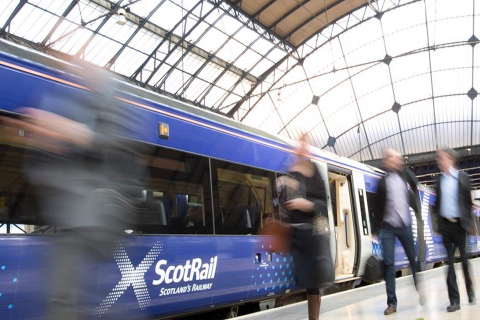Storm clouds gather over UK rail strike

The executive of the trades union RMT is scheduled to meet later today (Tuesday 7 June) with the country braced to expect the announcement of strike action later in the month. After an overwhelming vote returned by the membership in favour of action, the union is expected to call out its 40,000 members as early as 21 June – the earliest date that the union can legally start action.
Want to read more?
You have read all of your free premium articles for this month. Please become a subscriber to keep reading.
Subscribe now!
Take advantage of our exclusive offer to get full access to all premium content.




